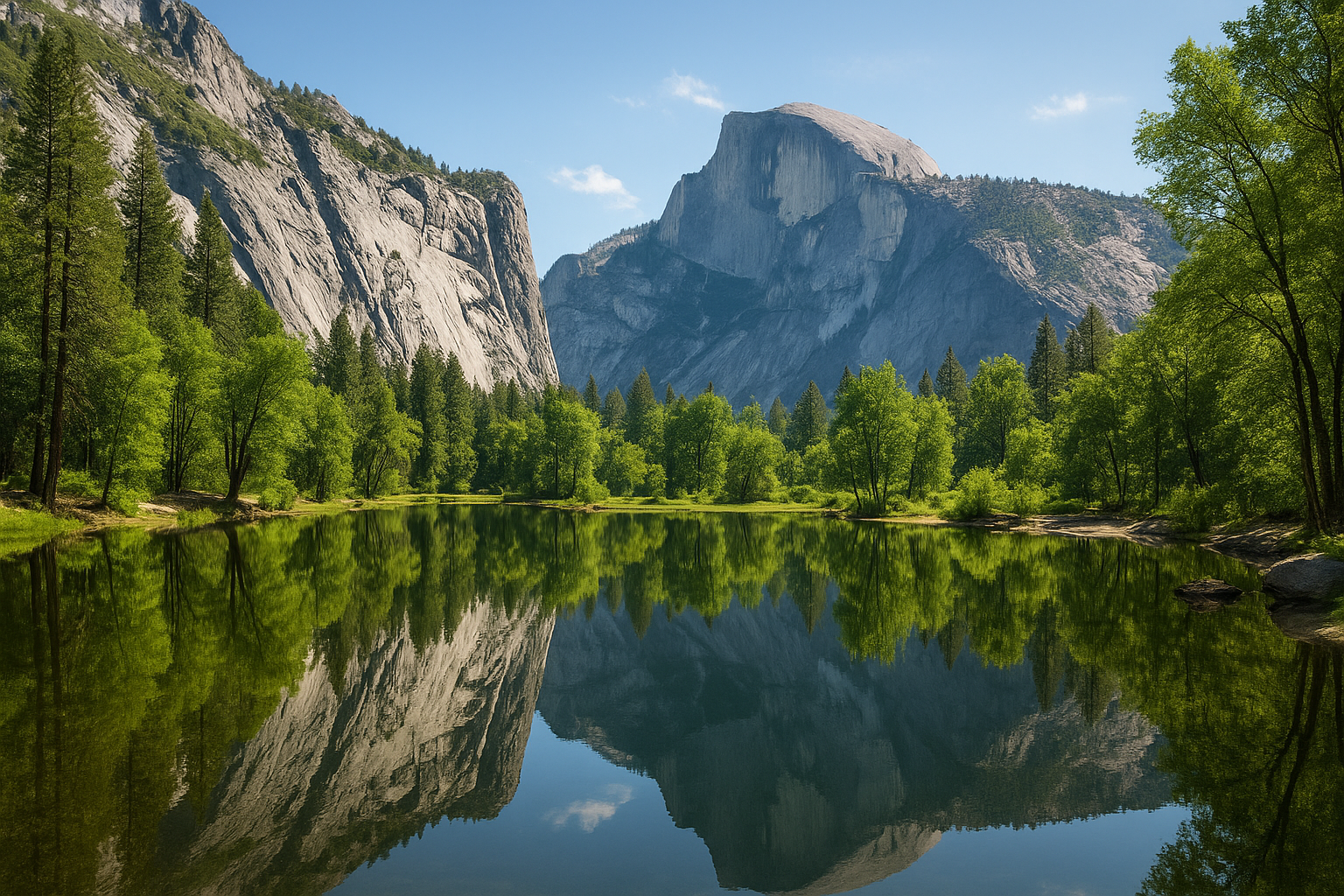The Mirror Lake: Seeing the Dao Reflected in Nature
The philosophy of Daoism, or Taoism, has fascinated scholars, mystics, and nature lovers for centuries. At its core, Daoism emphasizes harmony with the natural world, seeking to align one’s life with the universal order—referred to as the Dao, or “The Way.” One of the most profound metaphors for understanding and experiencing the Dao is through the imagery of a “Mirror Lake,” a concept that wonderfully encapsulates the reflective nature of reality and personal insight.
The Significance of Water in Daoism
Water—as a symbol—plays a pivotal role in Daoist thought. The ancient philosopher Laozi, in the foundational text Tao Te Ching, compares the qualities of water to the ideal Daoist life. In Chapter 8, he states:
“The highest good is like water. Water gives life to the ten thousand things and does not strive. It flows in places men reject and so is like the Dao.”
Water embodies humility, adaptability, and softness, yet holds the strength to shape landscapes over time. These intrinsic qualities symbolize the Daoist virtues of wu wei (effortless action), humility, and the profound strength of gentleness. In the concept of the Mirror Lake, water reveals its reflective property, illustrating the Dao’s contemplative and introspective nature.
Mirror Lake: Reflecting Promptings of the Soul
The idea of a lake acting as a mirror is layered with meaning in Daoism. As a literal mirror reflects the world around it, so does “Mirror Lake” reflect the deeper truths of one’s inner self. The stillness and clarity of water allow for a perfect reflection, metaphorically suggesting that when our mind achieves tranquility and clarity, it mirrors the Dao more accurately.
Harmony with Nature: A mirror lake, untouched and undisturbed, presents a flawless reflection of the sky, trees, and surrounding environment. This image reflects the Daoist ideal of living in harmony with nature, encouraging a lifestyle of minimal disturbance to the natural order. In this balance, one might find peace and contentment within the natural world.
- Tranquility: The lake’s calm surface is akin to a mind free from distraction and conflict. A state of effortless mindfulness enables one to align with the Dao effortlessly.
- Depth: Like the depths of the lake holding unseen mysteries, so too does the Dao encompass all the complexities and subtleties of life. Every ripple, every reflection tells a story of what lies beneath.
- Reflection and Insight: By looking into the mirror lake, a person not only reflects externally but internally. This reflection is a metaphor for self-examination and enlightenment.
Nature as Teacher
In Daoism, nature is more than a backdrop; it is a teacher and a source of wisdom. A mirror lake, with its ability to present an unblemished reflection, is symbolic of the lessons nature provides—if only one chooses to inquire deeply. In his poetic essay “Walking,” transcendentalist Henry David Thoreau, whose writings closely align with Daoist thought, illustrates this connection:
“I think that I cannot preserve my health and spirits unless I spend four hours a day at least… sauntering through the woods and over the hills and fields, absolutely free from all worldly engagements.”
Like Thoreau, Daoists believe that engaging earnestly with the natural environment heals and educates the spirit.
The Practice of Wu Wei on the Water
Daoism introduces the concept of wu wei, which translates to “non-action” or “effortless action.” It’s the principle of aligning so perfectly with the natural flow of life that action becomes spontaneous and unforced. The Mirror Lake offers a perfect lesson in this, where the water flows and reflects without conscious thought, yet achieves tranquility and balance.
- Effortless Reflection: The lake reflects without trying, a perfect embodiment of wu wei. Humans, too, are encouraged to act without aggressive striving, allowing life to unfold naturally.
- Adapting to Circumstances: Water in a lake takes the shape of the land that contains it, teaching adaptability. This lesson reminds individuals to be flexible with life’s changes.
Modern Reflections: The Relevance of the Mirror Lake Today
In an increasingly fast-paced and technologically saturated world, the metaphor of the Mirror Lake is ever pertinent. It calls for moments of pause, reflection, and contemplation amid the noise of modern life. Aligning with the Daoist principle of natural harmony offers liberation from stress and an opportunity to rediscover simplicity and inner peace.
The environmental messages in the Mirror Lake metaphor further emphasize the importance of respecting, preserving, and learning from the natural world rather than dominating it. Nature’s profound capacity to teach us about balance and reflection offers invaluable guidance amidst ecological concerns today.
Conclusion
The Mirror Lake serves as both a literal and metaphorical reflection of the key principles of Daoism. In its depths, one sees the ideas of harmony, reflection, and the pursuit of inner stillness, mirroring the profound insights of the Dao. As water reflects the world around it, so too can individuals reflect upon themselves and their place in the universe—offering a path to both personal enlightenment and a more harmonious existence with nature.
Linking ancient wisdom with contemporary living, the Mirror Lake not only underscores enduring truths within the Daoist tradition but also resonates deeply with those seeking a more balanced, mindful, and meaningful life.
